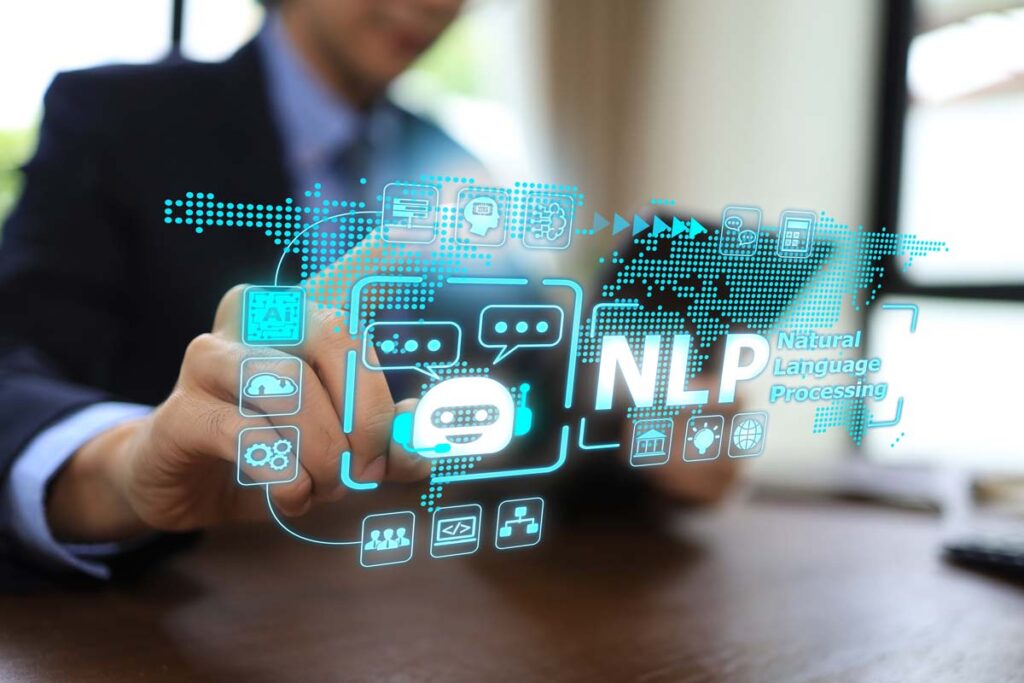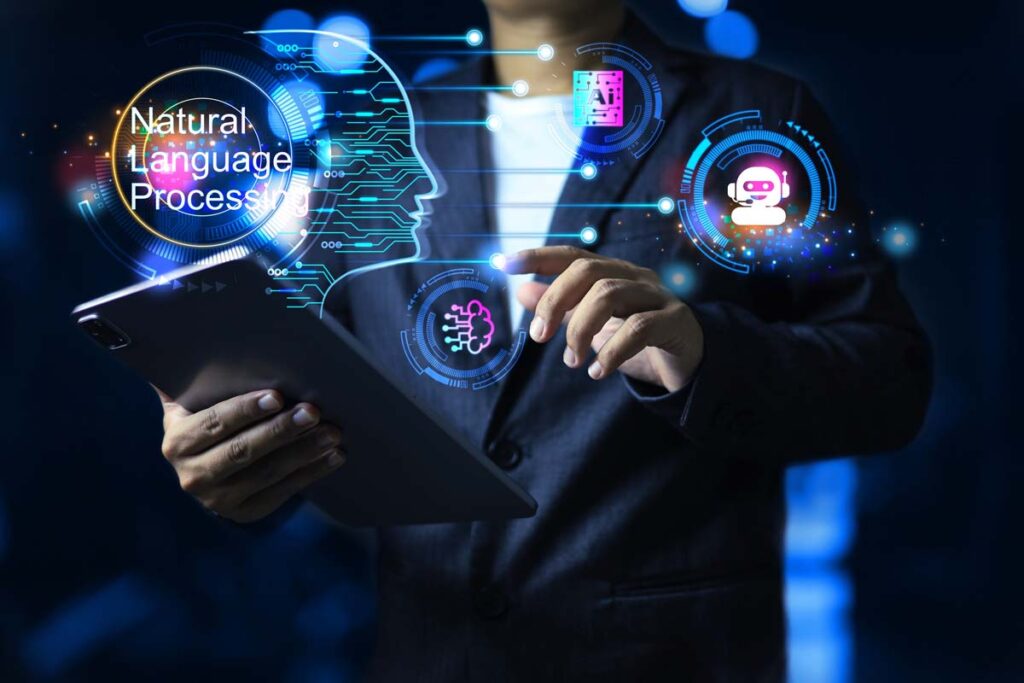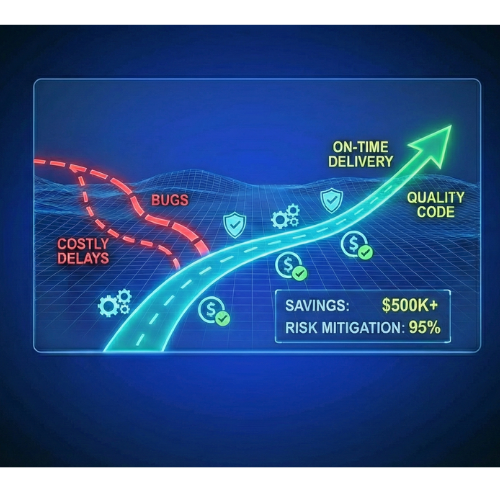Natural language processing (NLP) is transforming the healthcare and biomedicine fields by allowing machines to understand and interpret human language. From analyzing medical records to aiding in clinical decisions, NLP tools are helping healthcare professionals handle vast amounts of unstructured data more efficiently.
1. Analyzing Medical Records and Clinical Notes
The use of natural language processing in healthcare is essential for analyzing unstructured data, such as medical records and clinical notes. Doctors and nurses often manually review patient data to make informed decisions, but this process can be time-consuming. With NLP algorithms, healthcare organizations can quickly scan through clinical notes and extract important information about a patient’s medical history.
Key benefits:
- Speeds up the review of medical records
- Extracts relevant information from unstructured data
- Improves accuracy in patient care
2. Improving Clinical Decision Support
One of the major roles of natural language processing in healthcare is to enhance clinical decision support (CDS) systems. NLP technologies can process large volumes of patient data, identify patterns, and offer real-time insights that help healthcare professionals make better clinical decisions. By integrating NLP with electronic health records (EHR), healthcare providers can access the most relevant data to support treatment plans.
Key benefits:
- Provides real-time clinical decision support
- Enhances accuracy in diagnosing and treating patients
- Integrates seamlessly with EHR systems
3. Entity Recognition for Better Data Organization
Entity recognition is one of the most popular NLP applications in healthcare. This process involves identifying specific entities, such as medications, diseases, or procedures, within clinical notes or medical records. By recognizing these entities, NLP tools can organize data into a structured format, making it easier for healthcare professionals to access the information they need without manually reviewing extensive records.
Key benefits:
- Extracts key entities from unstructured data
- Organizes patient data into structured formats
- Reduces the time spent manually reviewing records
4. Mining Social Media for Health Insights
The role of natural language processing in healthcare goes beyond traditional medical records—it also extends to analyzing social media content. Healthcare organizations and researchers can use NLP tools to mine social media posts for health-related insights. For example, they can track trends in public health or monitor discussions about symptoms, treatments, or side effects related to medications.
Key benefits:
- Identifies public health trends in real time
- Monitors patient experiences with treatments
- Provides healthcare organizations with valuable real-world data

5. Streamlining Clinical Trials
Natural language processing NLP technologies also play a key role in making clinical trials more efficient. By analyzing patient data and medical history, NLP tools can help identify suitable candidates for clinical trials. This speeds up the recruitment process, ensuring that trials can be conducted faster and more accurately. Additionally, NLP can be used to sift through trial results to identify trends or patterns.
Key benefits:
- Speeds up the clinical trial recruitment process
- Improves accuracy in candidate selection
- Analyzes clinical trial results more effectively
6. Enhancing Electronic Health Records (EHR)
Electronic health records are a goldmine of information, but they often include unstructured data, such as doctors’ notes or patient histories. The use of natural language processing in healthcare helps convert unstructured data into structured data that is easier to analyze and access. NLP tools can extract meaningful insights from EHRs, improving the overall efficiency of healthcare organizations.
Key benefits:
- Converts unstructured data in EHRs to structured data
- Improves accessibility and usability of patient records
- Helps healthcare professionals make informed decisions
7. Developing AI-Powered Virtual Assistants
Artificial intelligence (AI) and NLP are working together to develop virtual assistants that can interact with patients and healthcare professionals. These AI-powered virtual assistants can answer patient questions, provide appointment reminders, and even assist doctors in gathering patient information. By leveraging NLP technologies, these assistants can understand and respond to human language, making healthcare more accessible.
Key benefits:
- Improves communication between patients and healthcare providers
- Offers real-time support for healthcare professionals
- Increases patient engagement through personalized interactions
The Bottom Line
Natural language processing in healthcare and biomedicine is opening up exciting new possibilities for improving patient care and making healthcare systems more efficient. From enhancing clinical decision support to analyzing social media trends, the applications of NLP in healthcare are vast.
By processing unstructured data like clinical notes and medical records, NLP algorithms are helping healthcare organizations streamline operations and make better-informed decisions. As AI and machine learning continue to evolve, the role of natural language processing in healthcare will only grow, benefiting both healthcare professionals and patients.



